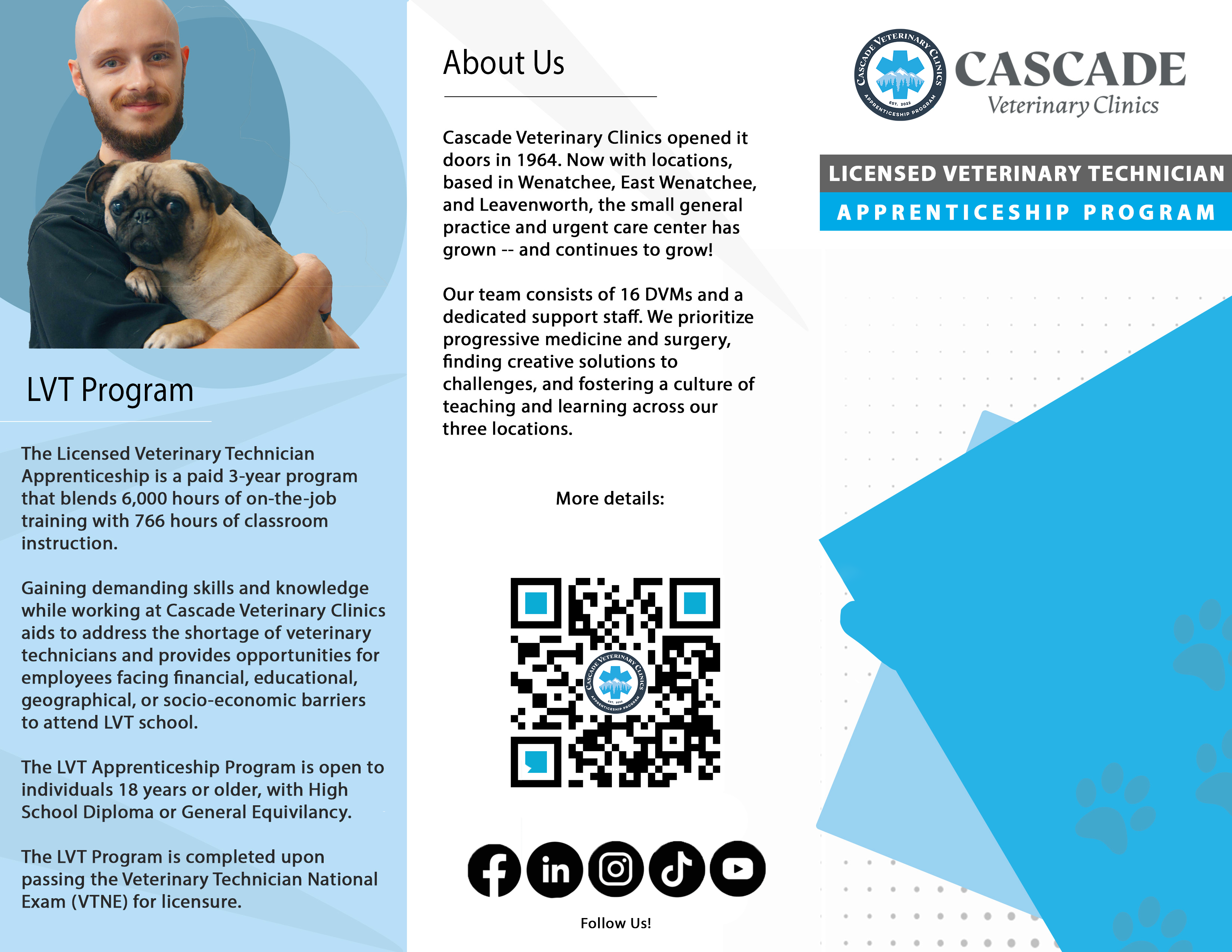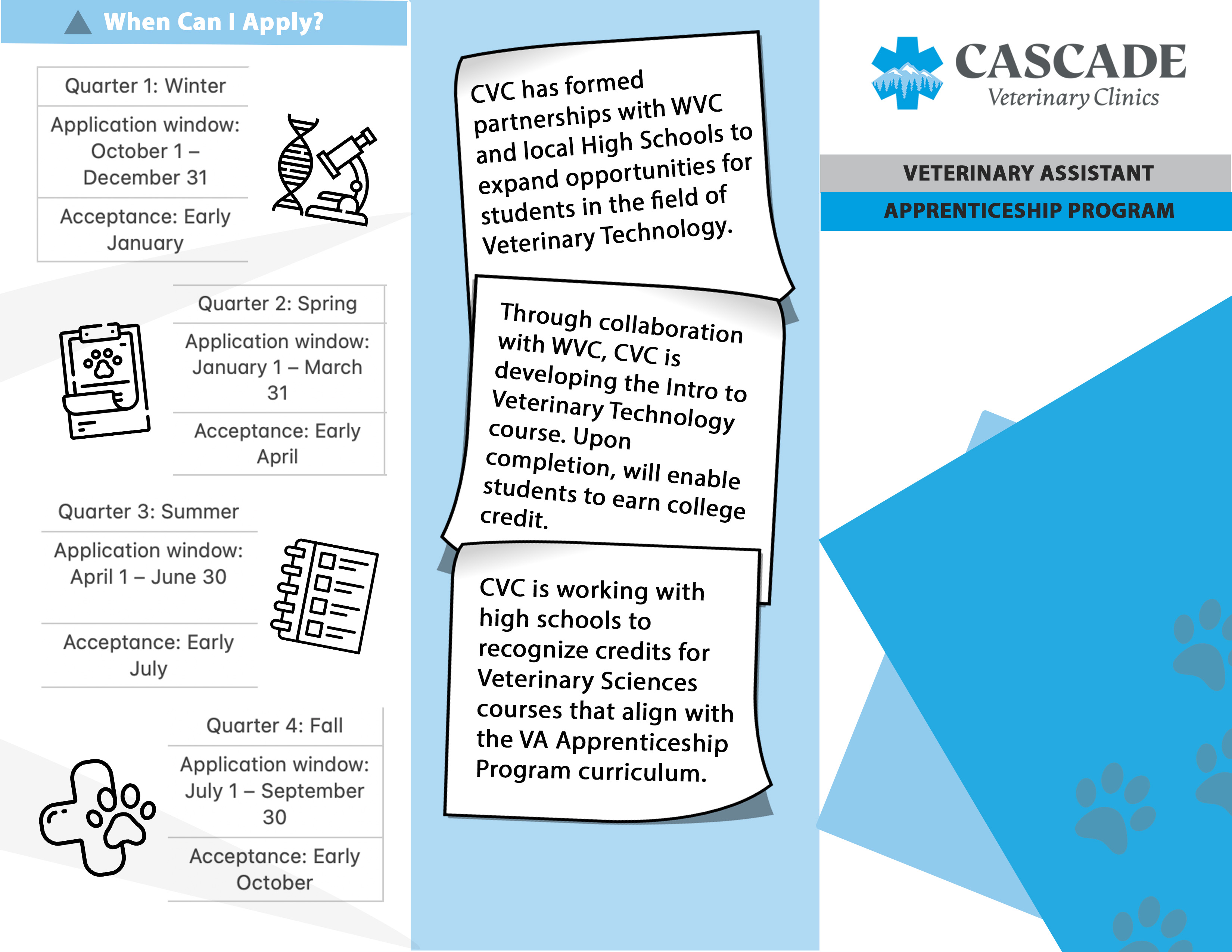Now Closed to New Applicants
Our Licensed Veterinary Technician Apprenticeship Program is not currently accepting applications. Hiring and apprentice acceptance are paused at this time.
The next application window will open in 2026.
If you’re interested in working at Cascade Veterinary Clinics before applying to the program, please check for job openings on Indeed.com.
Thank you for your interest and support!
Veterinary Technician Apprenticeship Program
Join our paid, 3-year LVT Apprenticeship Program and gain skills and knowledge through on-the-job training!
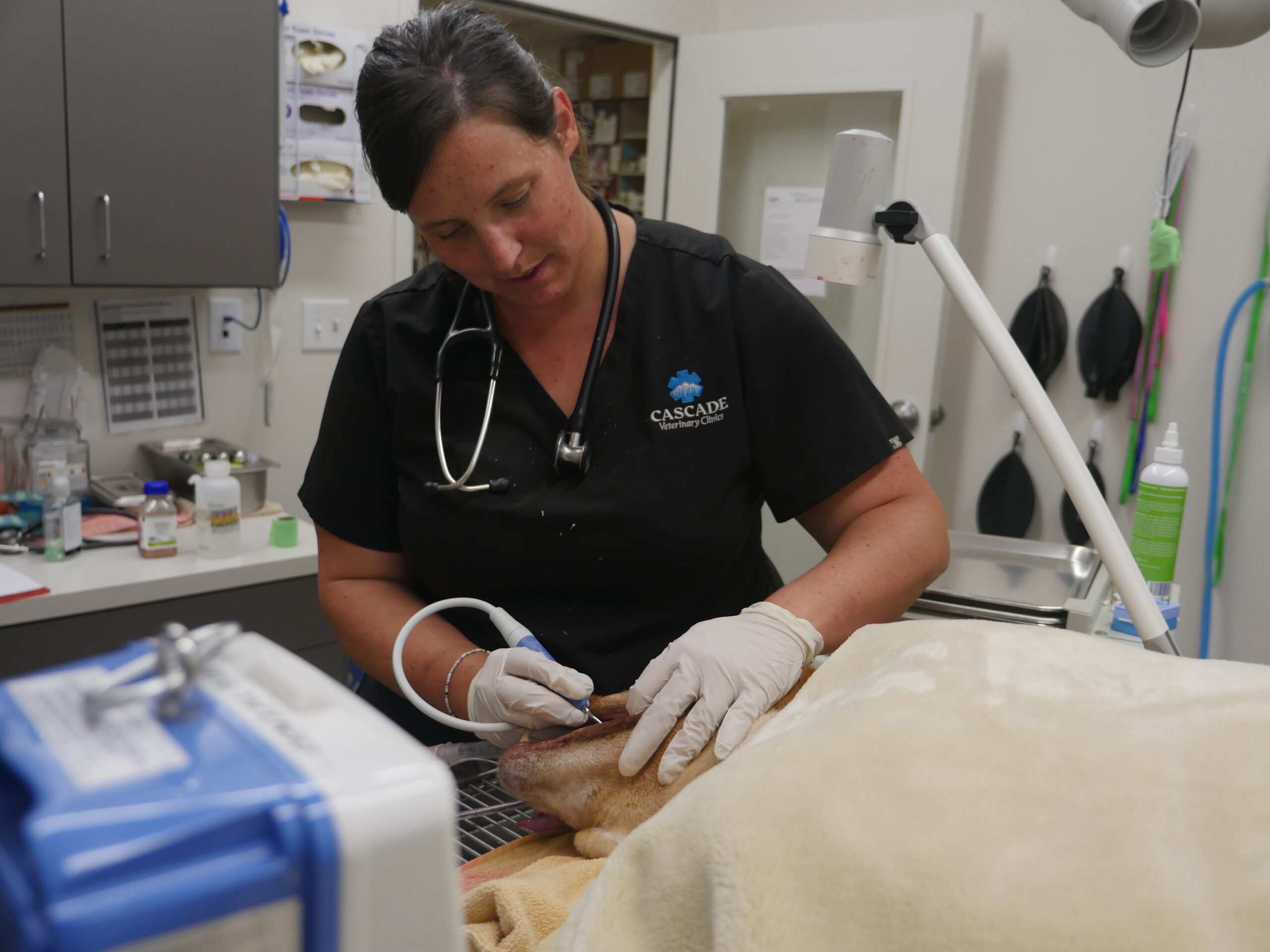
Apply Now!
Ready to begin your veterinary career? Apply using the links below. We look forward to hearing from you!
Please Note: We currently don’t have open seats for this program, but check back for future updates!
Apprenticeship Program
Gain demanding skills and knowledge while working at Cascade Veterinary Clinics! Our program addresses the shortage of veterinary technicians and provides opportunities for employees facing financial, educational, geographical, or socio-economic barriers to attending LVI school.
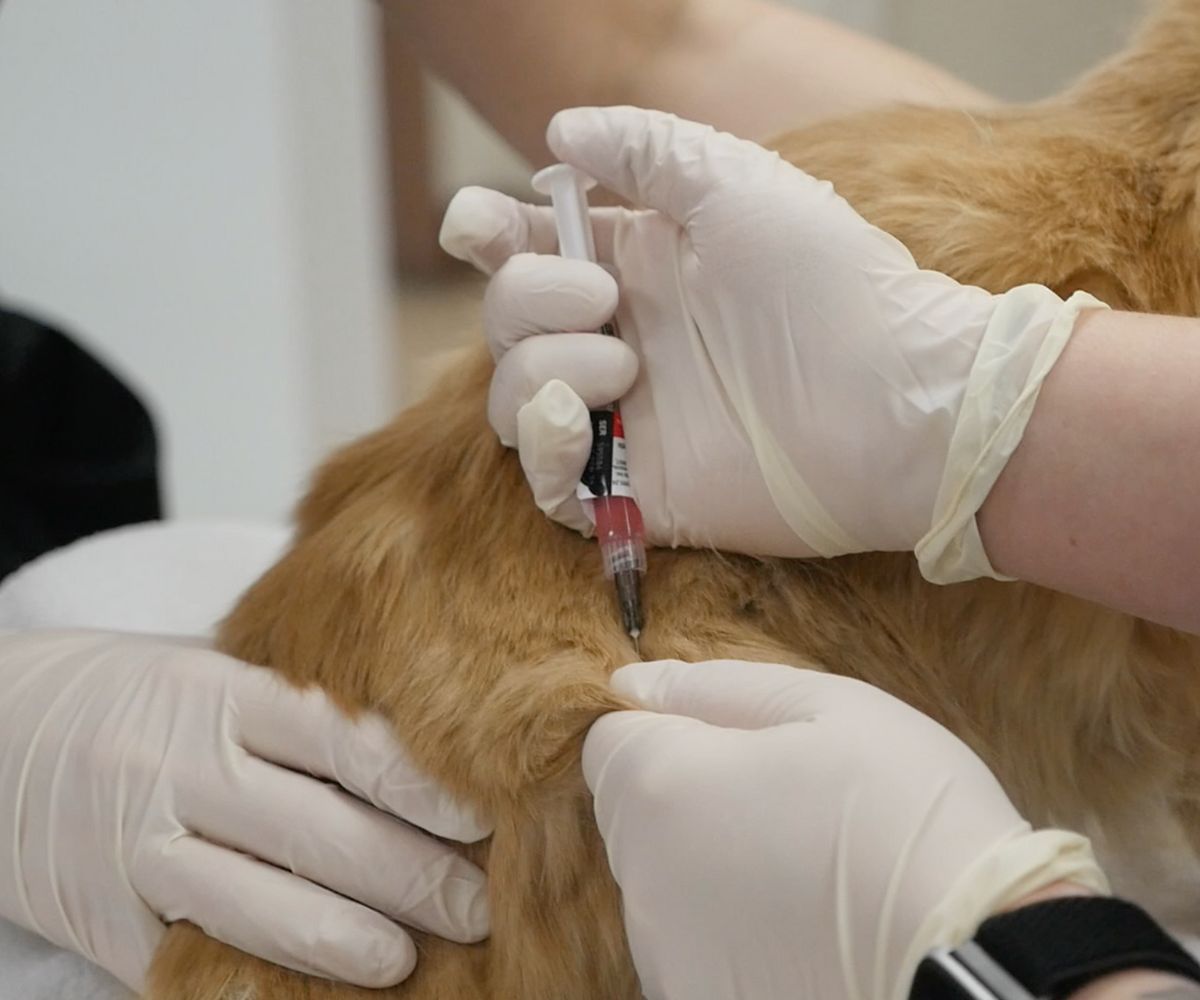
About Our Program
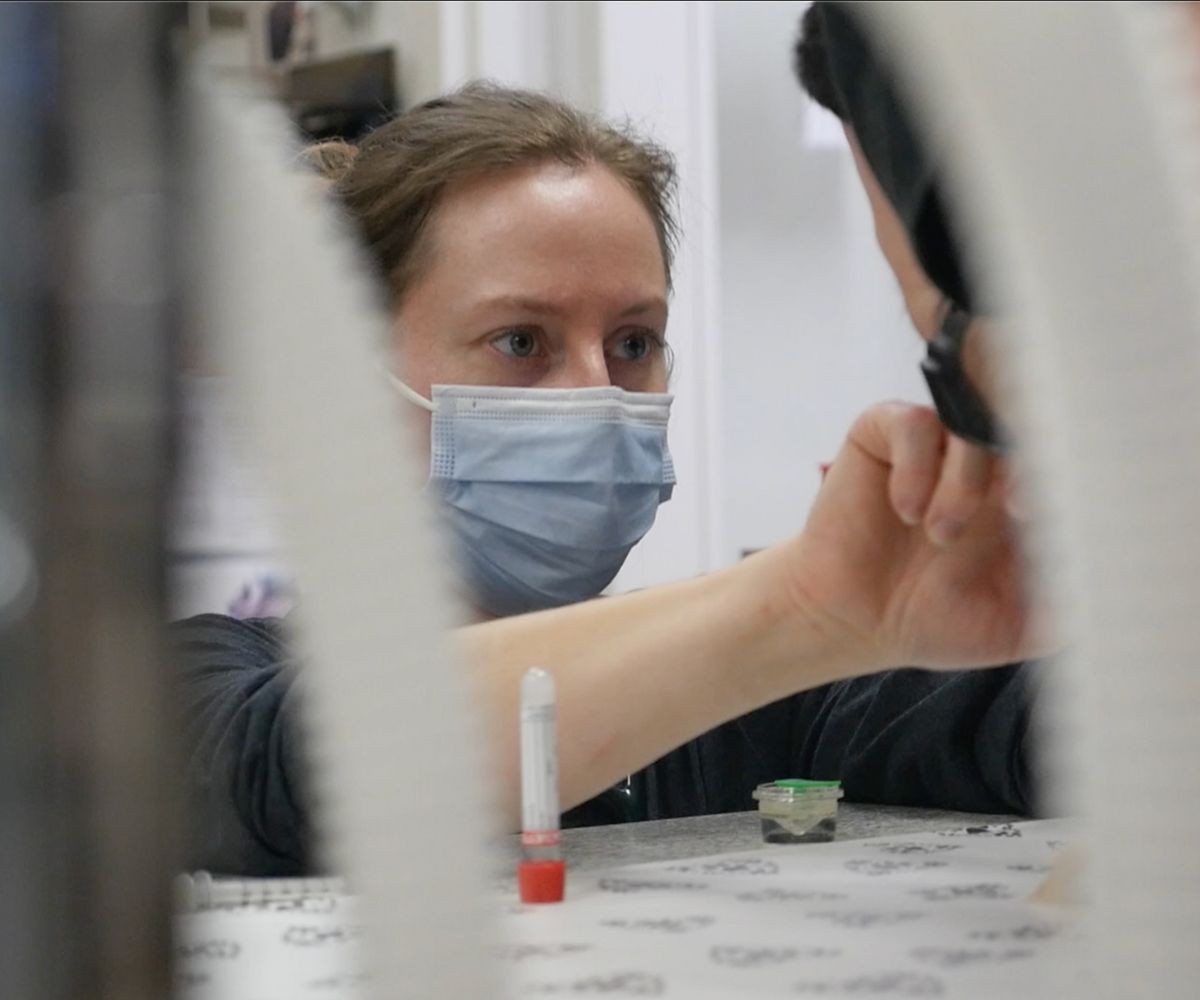
FAQs

Testimonials
About Us
Who We Are
Cascade Veterinary Clinics is a group of locally owned general practice and urgent care centers situated in Wenatchee, East Wenatchee, and Leavenworth. Our team comprises 16 highly skilled DVMs and exceptional support staff. We are dedicated to practicing advanced medicine and surgery, finding creative solutions to challenging issues, and promoting a culture of continuous learning and education across all three locations.
History
Licensed Veterinary Technicians (LVT) and Veterinary Assistants are the engines of efficient veterinary practice, but current Washington State LVT graduates will fill only one-quarter (27%) of the projected job openings. Cascade Veterinary Clinics has developed the first employer-sponsored & registered Licensed Veterinary Technician Apprenticeship Program in the nation, as well as a Veterinary Assistant program! The LVT program provides a rigorous, approved pathway for applicants to sit for the Veterinary Technician National Exam (VTNE) for licensure without attending a traditional veterinary technician school.
FAQs
View Our FAQs
What is the Licensed Veterinary Technician Apprenticeship Program?
This program consists of three years (6,000 hours) of On-The-Job training (OJT) supplemented with 766 hours of classroom and lab instruction approved by the Veterinary Board of Governors (VBOG). Apprentices train within Cascade Veterinary Clinics as paid employees with one-on-one mentors gaining crucial skills and knowledge within the field of veterinary medicine. This is a small-scale, local program to address the needs of our community. Current programs are not meeting the demand, especially in rural areas like ours. This program will allow our employees who otherwise are unable to attend LVT school due to financial, educational, geographical, or socio-economic factors.
Why can’t CVC employees take advantage of current programs? LVT programs already exist in Washington state. Why is this needed?
CVC developed the program to address the need for a local training solution that combines rigorous instruction with practical, hands-on experience. Developing a registered apprenticeship program is the preferred approach for several compelling reasons:
- No viable locally available instructional option (the closest LVT instructional program is two and half hours away)
- Critical demand for skilled LVTs statewide and in the local area—CVC and its employees want a locally available training pathway that only apprenticeship can provide
- Demonstrated effectiveness of apprenticeships in multiple high-skilled occupations in terms of cost-effectiveness, productivity, employee recruitment, retention, and employer satisfaction
- Guaranteed wage progression and ongoing mentorship for apprentices who successfully undertake the program
Will the American Association of Veterinary State Boards (AAVSB) allow students in an approved registered apprenticeship program to take the required Veterinary Technical National Examination (VTNE)?
Yes, the AAVSB allows non-accredited and registered apprenticeship programs approved by the governing state board to take the Veterinary Technician National Examination (VTNE) required for state licensing. In Washington state, the VBOG is the regulatory board empowered to make this determination. The VBOG conducted an extensive, multi-year review of the proposed apprenticeship program and, in May 2022, voted 5-2 in favor of Cascade Veterinary Clinic’s apprenticeship program, if approved by the Washington State Apprenticeship and Training Council (WSATC), is an acceptable pathway to licensure.
Is the program approved by the regulatory licensing body?
Yes, the Washington State Department of Health Veterinary Board of Governors (VBOG) is the regulatory body responsible for licensing veterinary technicians and has approved the program as an acceptable pathway to the national licensing examination (VTNE) and LVT licensure in Washington State. The VBOG is in the process of approving language for veterinary technician apprenticeship programs to be an explicit pathway to exam and licensure under WAC 246-935-060.
There is high demand for LVTs in Washington state. Why not expand current offerings at the five accredited programs instead of creating a new apprenticeship program?
The LVT registered apprenticeship program acknowledges the crisis of care that all veterinary providers are facing locally, statewide, and nationally: there are not enough LVT graduates to meet the overwhelming demand for skilled veterinary technicians. We reviewed the VTNE three-year pass rates at public and private colleges in Washington. By our estimate, the number of LVT graduates successfully passing the VTNE at AVMA-accredited institutions in Washington State meets about one-fourth (27 percent) of the projected position openings statewide. In other words, almost three-fourths (73%) of the demand for LVTs in Washington state remains unmet. This is a veterinary care staffing crisis demanding effective solutions that registered apprenticeships can and must provide. We are dedicated to providing our employees with an equitable, innovative, and cost-effective educational solution that they may not otherwise be able to afford or practically access through traditional college training programs.
How much does your program cost?
Relocation, room, board, and tuition for traditional veterinary technician schools can cost up to $25,000. This program is a low-to-no-cost alternative as apprentices are paid as employees while working towards licensure or certification for veterinary assistants. The total estimated cost of tuition, fees, and books at WVC is approximately $0 – $1,500 for the veterinary assistant apprentices and $0 – $3,000 for LVT apprentices. Financial aid and registered apprenticeship tuition reduction are offered by WVC, and additional assistance and resources are available through SkillSource. Textbooks and laptops are provided for courses hosted by CVC.
Are the training standards equivalent to the national LVT standards?
Yes, we aligned the CVTEA essential skills to the work processes. We also aligned the courses and labs to the CVTEA curriculum standards.
Will the skill standards be assessed for OJT competency?
Yes, Cascade Veterinary Clinics LVT and Doctor of Veterinary Medicine (DVM) staff will oversee the program. OJT hours are competency-based; that is, apprentices must satisfactorily master the OJT work processes with approval from their LVT and DVM mentors. The program will use a reporting system (Trajecsys) to keep apprenticeship time records, activity reports, checkoffs and forms, and scheduling.
Will there be time-based requirements and learning objectives to measure the acquisition of knowledge?
Yes, all courses are competency-based and taught by college instructors and qualified LVT and DVM staff. Students must receive a passing grade of 70% or higher to progress. Each course will have a defined number of required hours of instruction and lab work. Apprenticeship instructors must meet Washington State Board for Community and Technical Colleges requirements for vocational instructors. The Canvas Learning Management System will be used to host, manage, and track instructional courses.
Who will assess whether students are achieving training standards, and how will that be measured?
In addition to required tracking for all work processes and instructional courses, the Washington State Apprenticeship Training Council (WSATC) requires ongoing compliance reviews, including a review of apprenticeship standards, work processes, hours logged, course completions, and student success. A CVC program oversight committee, equally composed of employer and employee representatives, will be responsible for ensuring apprenticeship standards compliance and apprenticeship success, including monitoring of OJT work processes, related instruction, and overall compliance with the adopted apprenticeship standards. Ongoing apprenticeship program committee oversight includes representation from an AVMA-accredited institution.
Is this a return to the previous OJT licensing model discontinued by the VBOG in 2015?
No, the discontinued unstructured OJT model repealed by the VBOG is NOT comparable to the rigorous registered apprenticeship program standards and competency-based requirements for 6,000 hours of OJT and 766 hours of related instruction.
Will this set back the veterinary technician profession and demean the credentials of veterinary technicians that have been/are being/will be trained in rigorous CVTEA-accredited programs with high educational standards?
A rigorous, registered apprenticeship program in no way demeans the credentials of LVTs who obtained their training through an accredited instructional program. The registered apprenticeship model provides another training pathway for those unable to undertake LVT college programs due to financial constraints, relocation costs, and their need for an equitable and accessible pathway that allows students to earn while they learn. Our program will provide an approved pathway to the national licensing examination (VTNE) and LVT licensure in Washington State.
Why doesn’t CVC use currently available college or online options?
There are no local community college program options available (the closest program is two and a half hours away in Yakima). Wenatchee Valley College will be providing 200 hours (20 credits) of courses and has expressed interest in offering additional veterinary courses. Online programs, in our view, do not sufficiently provide the critically important, practical hands-on experience that is integral to a registered apprenticeship and our training philosophy.
We are not alone in our decision to adopt an apprenticeship model. Other high-skill healthcare professions in Washington state have similarly recognized the need for apprenticeship and have successfully adopted registered apprenticeship programs, including:
- Licensed Dispensing Optician
- Medical Assistant
- Peer Counselor
- Behavioral Health Coordinator
- Mental Health Professional
- Medical Assistant
- Central Sterile Processing Technician
- Pharmacy Technician
Testimonials
Hear what people have to say about our program!

